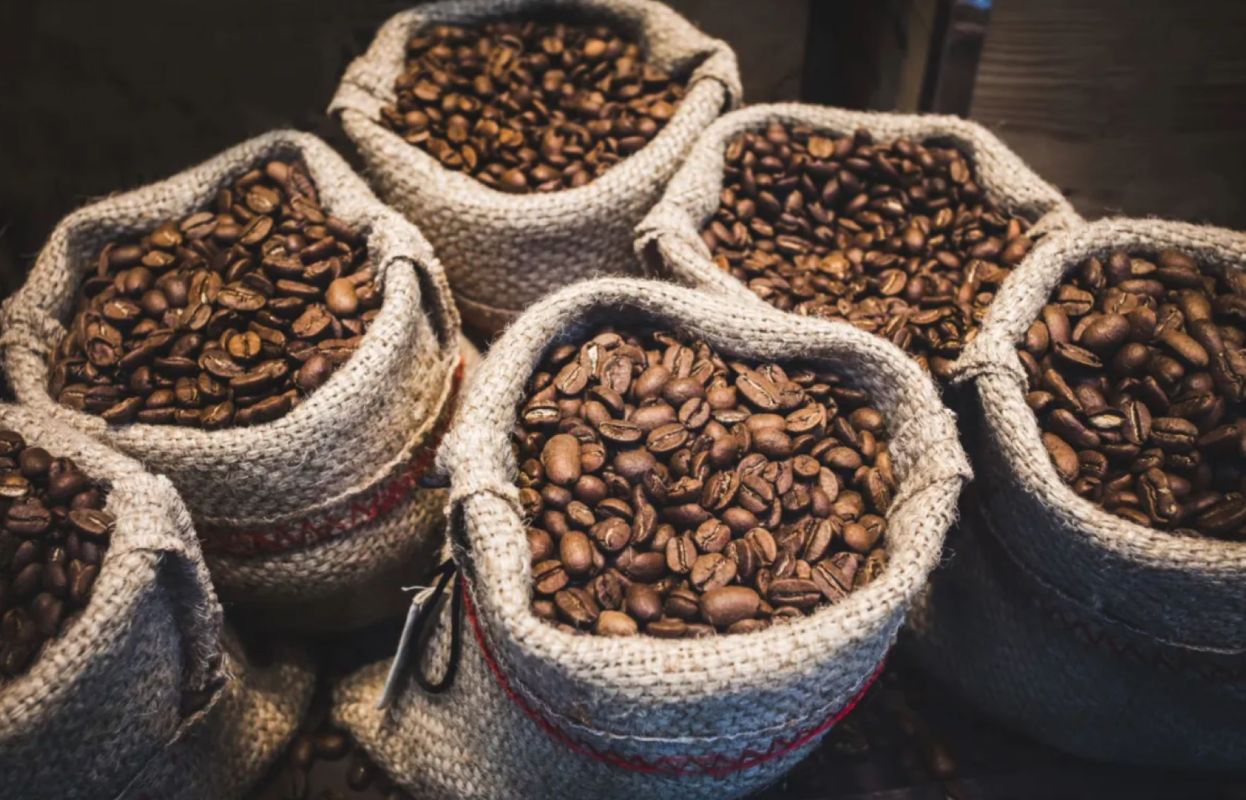Coffee bean and cocoa prices hit record highs last week, largely as a result of poor growing conditions.
What's happening?
The surging costs reflect crop shortages, and there are fears the changing climate will make things worse, as The Wall Street Journal and Bloomberg reported.
Robusta coffee bean futures reached a high since record-keeping began in 2008, according to the latter outlet, while the former noted arabica futures had risen 17% month-over-month and cocoa prices had tripled in the last year, soaring 49% in the last month.
The Journal reported the spike threatens coffee and chocolate makers around the world — "more frequent heat waves, heavy rainfalls and droughts are damaging harvests and crippling supplies amid ever growing demand from customers worldwide" — while Bloomberg said hedge funds are ditching cocoa for coffee.
One cause is that El Niño led to heavy rains and heat waves in West Africa, which produces 70% of the world's cocoa, and drought in Southeast Asia has hampered coffee output and exports, though relatively low inventories are recovering, according to the Journal.
Why is this concerning?
"At the heart of it all, climate change is set to play a major role, as the impact of extreme weather events could exacerbate the pressure on cocoa and coffee supplies, according to market watchers," according to the Journal.
Indeed, as one climate expert put it, warmer temperatures — which began climbing astronomically decades ago and are set to rise further — are "basically steroids for weather."
Isolated weather events are not climate, but put together, they show a pattern, with extreme rainfall, drought, and other occurrences that have always happened becoming supercharged and occurring more frequently.
Bloomberg pointed out that Vietnam — the globe's second-leading coffee producer behind Brazil — was not expected to get any precipitation for five days and that next season's crop was in danger, too.
"Speculators are drawing parallels between cocoa and coffee, which is a bit surprising," Rabobank analyst Carlos Mera told Bloomberg. "The big parallel that I can draw is all the coffee trees on average got older due to lack of field work and as a result we see the Vietnamese crop that is not growing."
What can be done?
While coffee and chocolate are not necessities for consumers, they are for farmers, who depend on the crops to make a living.
To help support them and solve the climate crisis, you can take action by electrifying your home, backing green companies, and, perhaps most importantly, supporting candidates who push for environmentally friendly policies.
Join our free newsletter for cool news and actionable info that makes it easy to help yourself while helping the planet.









